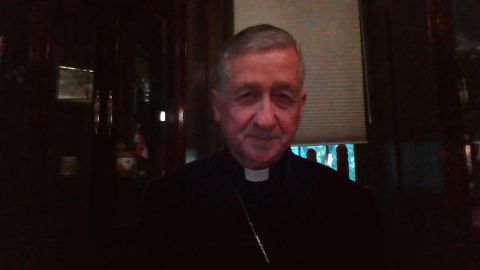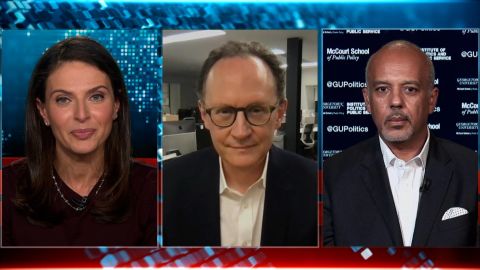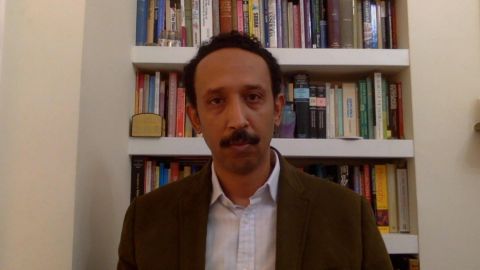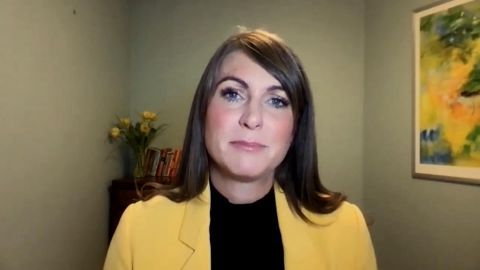Read Transcript EXPAND
MARK LANDLER, “THE NEW YORK TIMES”: President Biden said over and over again that national prestige was writing on this, that he didn’t want to fly into a crucial climate summit without something concrete in hand. So the fact that it looks like he won’t is a setback for the president. There’s no other word for it. The fact that he has a framework, that he can point to this direction of travel, is something that he will probably try to make the most of that he can. The interesting thing about the legislation, as it appears to be finalizing, is that, with $555 billion in climate-related spending, climate is actually the centerpiece of this bill. It wouldn’t perhaps otherwise have been until things like paid leave and free community college and all these other Democratic priorities were systematically stripped out of it. So what you’re left with is a bill, a large percentage of which is about climate. But it does lack some of the most important mechanisms that make a climate package really sweeping. One of those would be a system of incentives and punishments to force energy companies to get out of fossil fuels and into renewables. That was pulled out of this Biden package. And so when the president goes to Glasgow, he will just simply sort of not have a full quiver of arrows to present. And I think, as the nation — as the world’s second largest emitter, it will be a setback for the conference at large to have the United States not be able to step up with an ambitious, concrete initiative to offer the rest of the world.
BIANNA GOLODRYGA: So, Mo, a setback timing-wise, right? He doesn’t have that to bring and present for the global stage yet, as he is meeting with world leaders and ahead of that COP 26 meeting in Glasgow. But we are seeing this legislation move forward. There is still momentum riding here. And this is still an unprecedented bill, even though it’s pared down. As the president was highlighting yesterday, that’s what compromise is all about. We’re still talking about an unprecedented sum, $555 billion, dedicated towards fighting climate change. I’m just curious, from your perspective, we’re focusing on this week and the past few days. Longer term, if this actually is enacted, how big of a game-changer would this be for his administration and legacy?
MO ELLEITHEE, EXECUTIVE DIRECTOR, GEORGETOWN INSTITUTE OF POLITICS AND PUBLIC SERVICE: I don’t think it is an understatement for him to say that his presidency in many ways rides on what happens in the next week or two. Our institute has been doing a lot of polling, and in our most recent poll, it shows that, if you look at the trajectory of the Biden presidency, he was very strong in the early days, in large part because he had big results he could point to. The message of the Biden administration was crystal clear. We put checks in your wallet, and we put shots in your arm.
About This Episode EXPAND
Mo Elleithee and Mark Landler analyze President’s Biden’s current domestic agenda and how could it impact American diplomacy. Cardinal Blase J. Cupich weighs in on President Biden’s meeting with Pope Francis. Journalist Mohanad Hashim discusses the Sudan coup. Jennifer Moss explains why the U.S. is experiencing a wave of professional resignations and a burnout epidemic.
LEARN MORE



